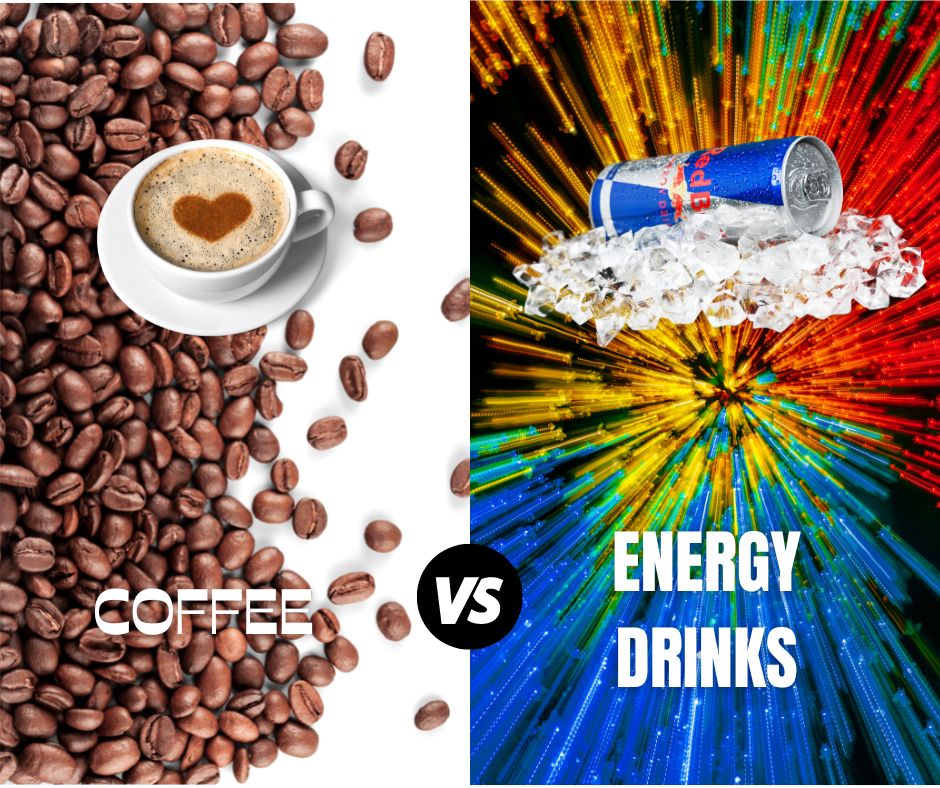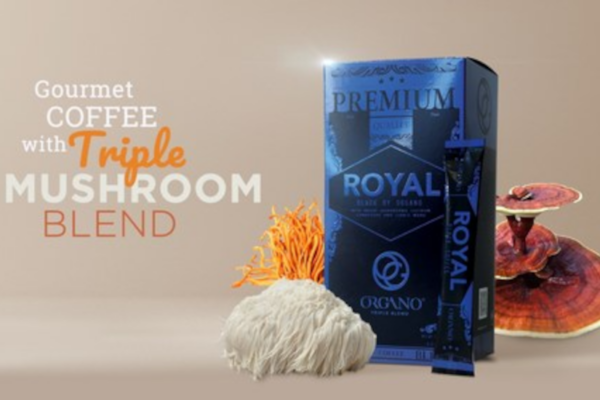Blog
Which Is Healthier Coffee Or Energy Drinks?
Coffee drinkers know it is an excellent source of caffeine, which can increase alertness and enhance mental and physical performance. Energy drinks may also contain caffeine but contain more sugar and ingredients that could be unhealthy; in addition, caffeine overdoses have resulted in hospitalizations caused by these beverages; an individual’s age, health status and body mass can determine the amount of caffeine he or she can safely tolerate, so taking large quantities may prove harmful.
Many energy drinks contain ingredients such as guarana, ginseng and taurine that are touted to have positive health benefits; however, such supplements have yet to be scientifically proven as being helpful and may lead to side effects like increased blood pressure, anxiety and stomach upset in some users. Overusing caffeine could even lead to dependence and withdrawal symptoms so those using energy drinks should limit their usage accordingly.
As people tend to add milk and creamer to their coffee beverages, the calorie count increases significantly – one cup of iced coffee may contain as many as 400 calories, exceeding what many need daily. Furthermore, sugar or artificial sweeteners used in some types of coffee may pose potential harm for those living with diabetes or heart disease.
Coffee’s caffeine comes from natural sources, so it doesn’t pose the same dangers to our bodies as synthetically added energy drinks do. Plus, coffee contains numerous antioxidants that may provide multiple health benefits: such as lower risks of neurodegenerative disorders like Alzheimer’s and Parkinson’s as well as type 2 diabetes and heart disease.
Energy drinks are relatively new to the market and haven’t been subjected to rigorous human studies. Though drinking one occasionally may not cause harm, regular consumption may increase your risk for heart disease, high blood pressure and weight gain.
Energy drinks and flavored coffees contain both sugar and calories in abundance, so those looking to minimize their caloric intake should opt for unsweetened options instead of those containing artificial sweeteners which could potentially be unhealthy. People looking to reduce caffeine consumption should also limit the use of sugary coffee toppings such as whipped cream and chocolate syrup, and ask their doctor whether consuming an appropriate daily dosage would be safe. If they can, individuals should aim to limit their energy drink intake to once or twice weekly, in order to receive the energy boost without experiencing side effects associated with excessive use. Doing this may also help prevent caffeine addiction; those experiencing withdrawal should gradually lower their dosage in order to prevent headaches, jitteriness and nausea that could arise as a result.





